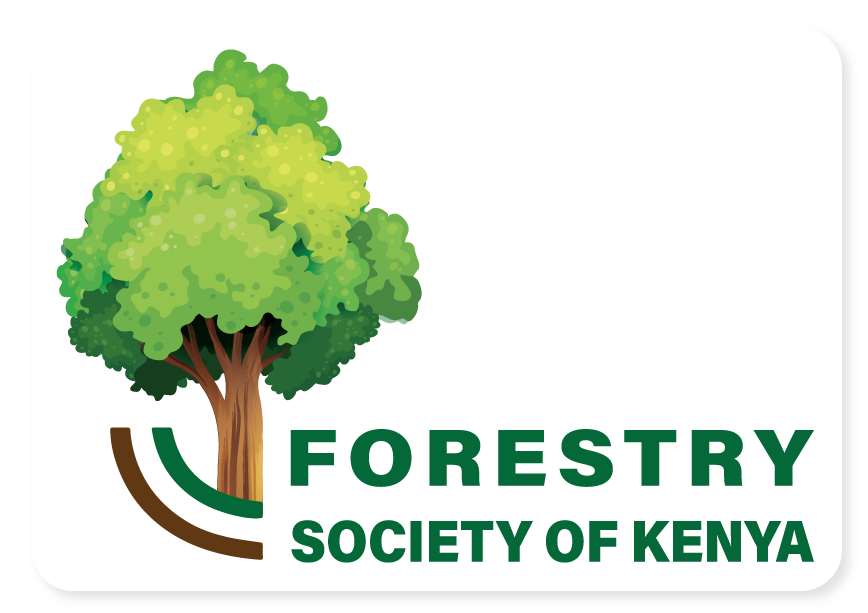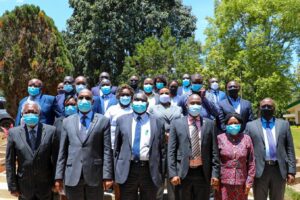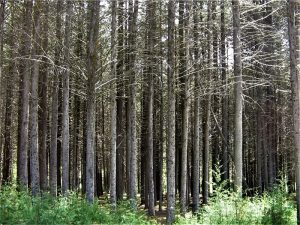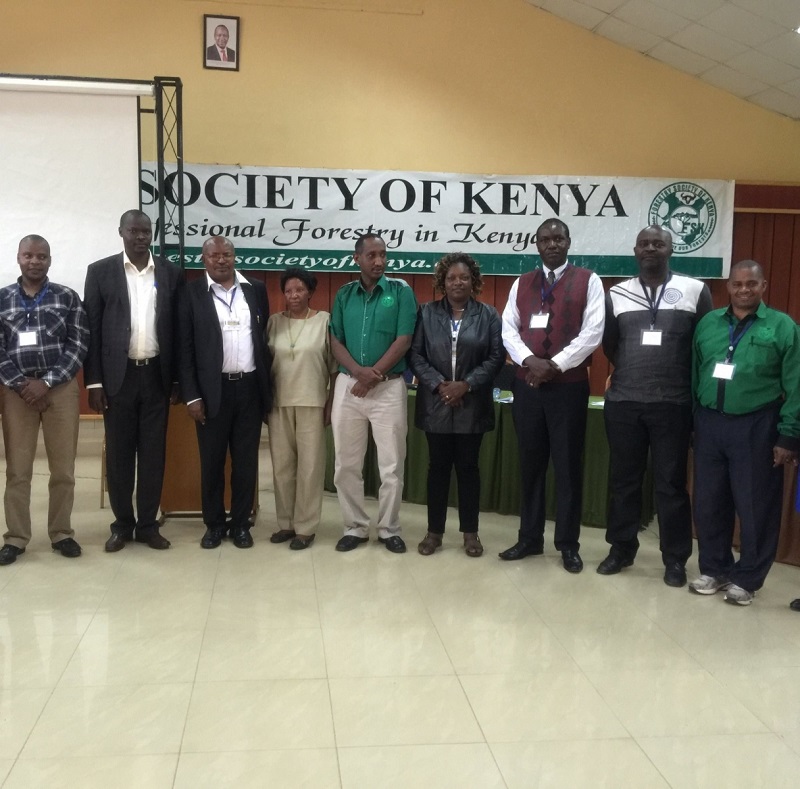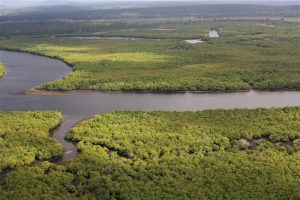Forestry Society of Kenya (FSK) is the sole organization that represents forestry professionals in Kenya. The Society was registered in 1979 under the Societies Act to provide a forum for professional foresters to contribute to national development in forestry science, influence direction of national policy on environmental management, as well as safeguarding forestry practice standards by members. FSK was formed after the realisation that forestry profession in Kenya was increasingly under threat from non- foresters, politicians, civil society and administrators, hence the need to strengthen professionalism in the sector.
With the current membership of over 1500, FSK takes pride in being one of the fastest-growing professional forestry associations not only in our region but in the whole of Africa. Indeed in one of the continental workshops, FSK received a standing ovation for its leading-edge integration of ICT and social media in its communication networks. The FSK Council has continued to benefit greatly from the strong and unwavering support of its membership
The Society’s role in shaping and informing policy discourse within the country has been well contained in Section 9 and 59 of the FCM Act, which provides that FSK contributes effectively towards sustainable management of forest resources in Kenya through the provision of technical and policy guidance to Kenya Forest Service board and the Cabinet Secretary responsible for forestry. This requires periodic dialogues and discussions from and within The Society’s membership and the wider forest sector stakeholders. Deriving lessons from the dynamics within the forest sector over the last few years, the society has actively engaged her membership and the public in scientific conference and policy dialogue among other forums deliberating on topical forestry issues within the country.
The society has actively participated in representing her membership in voicing key areas within the sector, in this major position statements has been presented to relevant authorities. This includes statement on the 2018 timber moratorium, Maasai Mau forest block, Ogiek’s land rights case, plastic ban impact on tree seedlings production, achieving 10% tree cover among many others press release.
Currently, the society is spearheading the processing of establishing nursery certification standards in Kenya. This process is critical in ensuring tree nursery operations in the country are up to the desired standards, the production and supply of superior/high-quality planting materials, and act as an incentive to increase sales and profit margins. This includes other standards that the society is keen on developing such as the tree grading and valuation of forest products and service, the Chain of Custody.
FSK has undertaken various programmes with several partners and collaborators who include: – United Nations Development Programme (UNDP), Embassy of Germany, Embassy of Finland, Commonwealth Forest Association, USAID through IDLO, Food and Agricultural Organisation (FAO), The Nature Conservancy (TNC), Gatsby Africa, Forest Stewardship Council (FSC), Nature Kenya, World Vision – Kenya. The Society corporate membership has also been very critical in supporting the programmes, they include; Kenya Forest Service (KFS), Kenya Forestry Research Institute (KEFRI), Kenya Wildlife Service (KWS), National Environment Management Authority (NEMA), Gatsby Africa, Better Globe Forestry LTD.
The Society executive commits itself to continue increasing its visibility to the public through organizing forums and debates relevant to Forestry science in Kenya and in the globe on topical issues. The society will continue to re-brand and explore new areas of collaboration with our stakeholders. Particularly, FSK recognizes the important role County Governments are discharging devolved forestry functions and will continue to work jointly with them to develop and improve in the professional capacity of county staff and extending advisory services as may be needed.
Importantly, the society will retain its oversight role in the practice of forest science in Kenya by ensuring that the Code of Ethics is enforced. At the same time, remain at the forefront to protect her membership from being obstructed in carrying out their professional roles and mandates. By doing this, FSK believe that we shall not only be accountable to Kenyan citizens by working towards the goal of increasing the national forest cover to the minimum 10% as envisaged in our Constitution and Kenya Vision 2030 but also delivering on quality forests that will enhance the continuous supply of superior timber as well as environmental services
We take this singular opportunity to sincerely thank all our members, partners and stakeholders for their commitment and support. The Society will count on the support of all stakeholders, our development partners, the goodwill of the general public, and the active involvement and leadership of our dedicated members and Secretariat to deliver on the promises. We encourage all our stakeholders to closely monitor the developments taking place in the sector as we implement various programmes.
